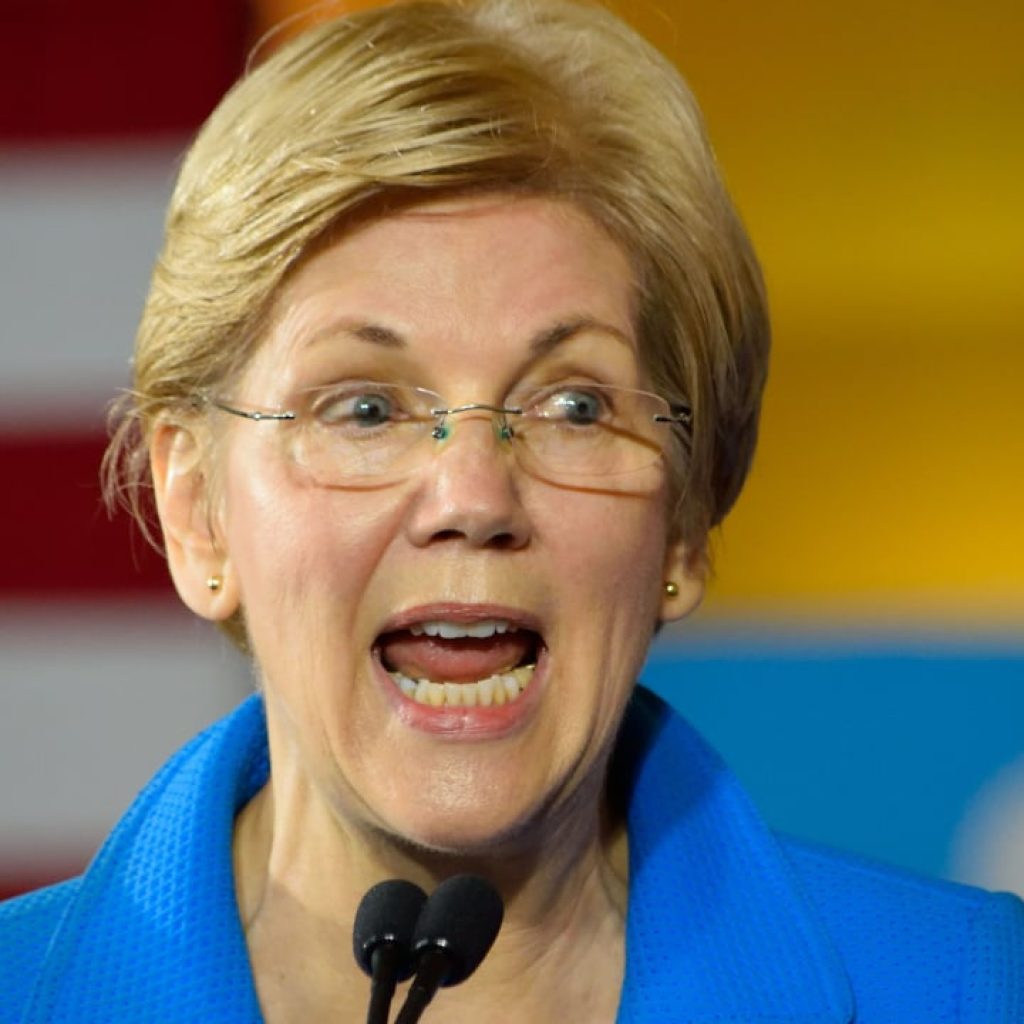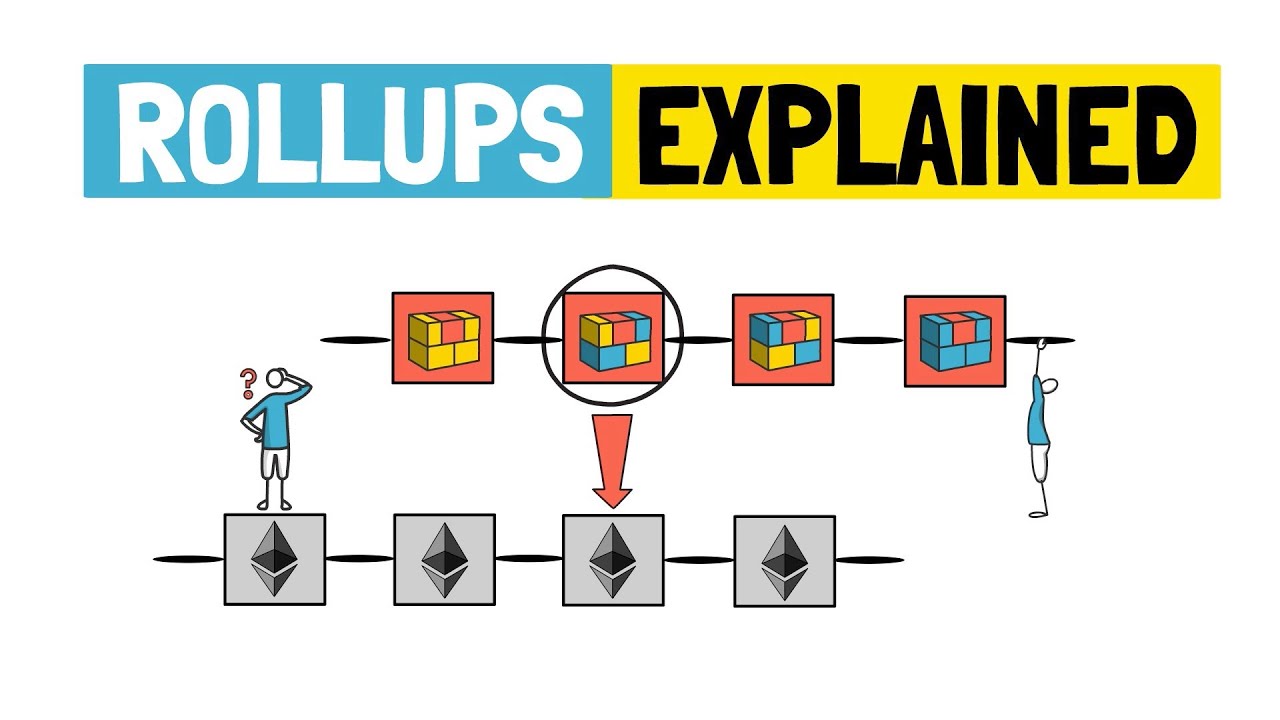The World Economic Forum (WEF) is attempting to gain control of all monetary systems using what it calls “The Great Reset”. This is an ambitious plan to fundamentally restructure the global economy and reset the world’s financial systems. The WEF believes that this new system will bring about a “greater level of prosperity”, and it is likely to have profound implications for the world’s financial markets, governments, and citizens. This article will discuss the WEF’s plans for the Great Reset, potential benefits and drawbacks, and the implications for monetary systems around the world.
The WEF’s ‘Great Reset’ is a bold attempt to control the world’s monetary systems, but its success is far from certain. With the current global economic crisis, and the movement towards increased digitalization of financial systems, it is clear that the world needs to make drastic changes to its monetary systems. However, it will be up to individual countries to decide if the WEF’s proposed solutions are the best way to bring about these changes. Ultimately, it will be up to the people of the world to decide whether or not the WEF’s plan is the right way forward.
Analyzing the WEF’s Great Reset Proposals and How They Could Change the Financial Landscape
The World Economic Forum (WEF) recently released its Great Reset initiative, a proposal that aims to reform the global economy in the wake of the COVID-19 pandemic. The initiative proposes a major shift in the way financial systems are structured, with the idea of creating a more equitable and sustainable economy. This proposal has the potential to significantly transform the financial landscape, both in terms of its scope and its implications. One of the main components of the WEF’s Great Reset is the introduction of a new form of finance that is based on a shared-value approach. This approach is based on the idea of creating a system that allows for a more equitable distribution of risk and reward, while also incentivizing companies to adopt sustainable practices. The initiative proposes a number of different measures to support this new form of finance, including the development of new financial products, such as green bonds and ESG-based investments, as well as the establishment of an international framework for responsible investing. Another key element of the Great Reset is the establishment of a global economic recovery fund. This fund would be used to support efforts to rebuild and rebuild economies, with a particular focus on helping developing countries. The proposal suggests that this fund should be funded through a combination of public and private contributions, and that it should be designed to ensure that the benefits of any economic recovery are shared fairly and equitably. Finally, the proposal outlines plans to create a new global financial architecture that is more resilient to shocks and more capable of responding to crises. This includes the development of new tools and mechanisms to promote financial inclusion and the creation of a Global Financial System Risk Reduction Framework. These measures would be aimed at creating a more stable and reliable financial system, one that is better equipped to respond to future shocks and crises. Overall, the WEF’s Great Reset initiative has the potential to significantly alter the financial landscape. It proposes a number of measures that could help create a more equitable and sustainable economy, while also providing a more resilient and reliable financial system. If implemented, these measures could have far-reaching implications for the global economy.
Evaluating the Potential Impact of the WEF’s Great Reset on Global Monetary Systems
The World Economic Forum (WEF) recently proposed its Great Reset initiative, which aims to “redesign the global economic system and foster a more equitable, inclusive and sustainable economic landscape.” As part of this initiative, the WEF has proposed a series of reforms to global monetary systems. These reforms could have far-reaching implications for global economic stability and prosperity. One of the proposed reforms is the creation of a global monetary reserve system. This system would involve the establishment of a central bank and the introduction of a global reserve currency. This would enable countries to borrow money from the reserve in order to finance their own economic development. This could potentially help reduce global trade imbalances and provide a more stable environment for international financial transactions. The WEF has also proposed changes to the global financial architecture. These reforms include the creation of a global insurance system, the establishment of a global financial safety net, and the development of a unified financial market regulation. These reforms could help to reduce systemic risk and promote financial stability. They could also help to ensure that global financial markets remain open and accessible to all countries. The WEF has also proposed reforms to the international payments system. These reforms could help to reduce the cost of international money transfers, increase transparency, and reduce the risk of financial crime. They could also help to improve the efficiency of international payments and reduce the cost of money transfers for businesses and individuals. In conclusion, the proposed reforms outlined in the WEF’s Great Reset could have a significant impact on global monetary systems. These reforms could help to create a more equitable, inclusive and sustainable economic landscape. They could also help to reduce global trade imbalances, promote financial stability, and reduce the cost of international payments. Ultimately, these reforms could help to ensure that the global economy remains resilient in the face of future economic shocks.

Examining the Role of Central Banks and Private Banks in a Post-Great Reset World
The post-Great Reset world is a world of unprecedented economic and financial uncertainty, and so the roles of central banks and private banks have never been more important. Central banks, such as the Federal Reserve in the United States, are tasked with maintaining the stability of a country’s economy and its financial system, while private banks are responsible for providing banking services and loans to individuals, businesses, and other entities. In this new world, these two types of banks have become even more intertwined and essential than ever before. Central banks are responsible for setting and implementing the country’s monetary policy, which includes setting interest rates, managing the money supply, and controlling inflation. They also act as lenders of last resort, providing liquidity to private banks and other financial institutions in times of crisis. Additionally, central banks are responsible for regulating the banking sector and ensuring that banks are meeting their legal and regulatory obligations. Private banks, on the other hand, provide a variety of services to their customers, including savings accounts, checking accounts, loans, and investment products. They also act as intermediaries between borrowers and lenders, helping to facilitate the flow of money in the economy. Private banks often provide capital to businesses that need it, and they can also help people invest their money in a responsible manner. The post-Great Reset world has seen an unprecedented increase in the power and influence of central banks. Central banks have become more involved in the management of the economy, such as providing financial support to governments and businesses during times of crisis. They have also become more involved in setting monetary policy, with the Federal Reserve in the US taking a more active role in setting interest rates and managing the money supply. At the same time, private banks have become more important in the post-Great Reset world as well. Private banks are now essential for providing capital to both businesses and individuals, and for helping people to invest their money in a responsible manner. Private banks are also playing an increasingly important role in helping governments and businesses to manage their finances more efficiently. The post-Great Reset world has led to an increased reliance on both central banks and private banks. Central banks have become more powerful, while private banks have become an essential part of the economic fabric. In order for the global economy to remain stable and prosperous, both central banks and private banks must continue to work together to provide the necessary support and services to individuals, businesses, and governments.
Examining the Challenges and Opportunities for Businesses in a Post-Great Reset World
The global pandemic of 2020 has had a profound impact on businesses throughout the world. As the world begins to move into a new era of economic recovery, businesses must adapt to the “Great Reset” that is taking place. This reset is defined by a shift in economic activity, digital transformation, and the emergence of new opportunities and challenges. The shift in economic activity that is taking place as a result of the Great Reset is creating both opportunities and challenges for businesses. On one hand, the economic downturn caused by the pandemic has created a period of instability, forcing businesses to adjust their operations and find new sources of revenue. On the other hand, businesses have been presented with the opportunity to take advantage of new economic trends, such as the growth of online commerce and the emergence of new markets. Digital transformation is also a key factor in the Great Reset, as businesses must adapt to new technologies and processes in order to remain competitive. This includes the use of big data and analytics, cloud computing, artificial intelligence, and machine learning. As these technologies become more ubiquitous, businesses must ensure that they are utilizing them effectively in order to remain competitive. Finally, the Great Reset has opened up new opportunities for businesses. As the global economy shifts, new markets are emerging, offering businesses the chance to expand their operations and reach new customers. Additionally, businesses can take advantage of new technologies to increase efficiency and reduce costs. Overall, the Great Reset is creating both challenges and opportunities for businesses. As the economic landscape continues to evolve, businesses must adapt to the changing environment in order to remain competitive. By leveraging new technologies and taking advantage of new markets, businesses can position themselves for success in the post-Great Reset world.
Exploring the Implications of the WEF’s Great Reset on the Global Economy
The World Economic Forum’s (WEF) “Great Reset” is a set of initiatives aimed at transforming the global economy in response to the COVID-19 pandemic. The WEF has called for a fundamental rethink of the world’s economic system, with the goal of creating a more equitable and sustainable global economy. This initiative has led to a wide range of debates and discussions about the potential implications of the Great Reset for the global economy. One of the key objectives outlined by the WEF is to build a more resilient global economy by reducing inequalities in income and wealth, as well as enhancing global economic stability. This could involve a number of changes, including the introduction of new regulations and policies that promote investment in sustainable technologies, such as renewable energy and green infrastructure. It could also involve the establishment of new global governance mechanisms to ensure that all countries are participating in and benefiting from the global economy. Another potential implication of the Great Reset is an increased focus on digital technologies and the “Fourth Industrial Revolution”. This could involve the development of new digital technologies, such as artificial intelligence and blockchain, to drive economic growth and productivity. It could also involve the adoption of new standards for data privacy and security, as well as the development of new digital platforms for the sharing of data and information. Finally, the Great Reset has the potential to reshape the global economic landscape by creating new opportunities for collaboration and partnership between countries and between different stakeholders. This could involve the establishment of new international trade agreements and the establishment of new global organizations and institutions to facilitate the exchange of goods, services, and knowledge. The implications of the WEF’s Great Reset for the global economy are far-reaching and wide-ranging. It is clear that this initiative could have a significant effect on the global economic landscape, with the potential to create a more equitable and sustainable economic system. As such, it is important that policymakers and other stakeholders consider the potential implications of the Great Reset carefully and work together to ensure that the global economy is transformed in a way that is beneficial to all.





